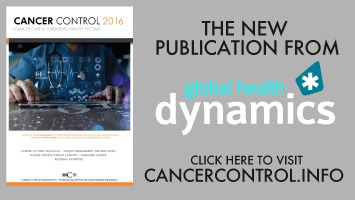The World Alliance Against Antibiotic Resistance, WAAAR, is a founding member of CARA, The Conscience of Antimicrobial Resistance Accountability. WAAAR President Dr Jean Carlet is a Steering Committee Member of CARA
The UN General Assembly High-Level Meeting on Antimicrobial Resistance in September 2016 opened a new era of global involvement in the effort to ensure sustainable access to effective antimicrobials. The Conscience of Antimicrobial Resistance Accountability (CARA) was established to monitor progress globally towards the goals set forth in the political declaration of the high-level meeting of the General Assembly on antimicrobial resistance (1), adopted by the UN membership. A wide-ranging institutional membership will observe activities and report on a common set of objective indicators developed by the CARA steering committee. CARA is still in its formative phase, with a baseline report planned for September 2017
Membership
CARA is an alliance of independent organizations. All organizations – public, private, for-profit and non-profit – are welcome as members of CARA. A founders’ steering committee has been appointed by CARA’s convener, the Center for Disease Dynamics, Economics & Policy (CDDEP), to establish a structure and modus operandi. The leadership is from the non-profit sector, to avoid conflicts of interest or the appearance of such conflicts.
Structure
CARA will operate through at least three main branches: human, animal and environment. The human branch, which will inevitably be the largest and cover the most indicators, will likely be subdivided into sub-branches such as stewardship, education and surveillance. Each branch or sub-branch will have one or two lead organizations, which will spearhead the collection of indicator data and publication of reports.
Member organizations will contribute to branch reports by collecting and reporting data on indicators specific to their area of interest in their home country, and participating in annual or biannual meetings.
Work cycle and reporting
The work will take place on a two-year cycle. Each major branch will report on global progress for its set of indicators every two years, with reports from the branches appearing at staggered intervals. A global report, including all branch reports, will be produced at the end of each two-year cycle.
Reporting will be as transparent as possible. Indicator data will be subject to validation to ensure reliability. Indicator data sources will be made public and accessible, to the extent possible.
Reports will be framed to be as helpful as possible to countries and global organizations, to highlight successes and failures, with the aim of keeping the world on track to preserve the effectiveness of antimicrobials for all over the long term. CARA will serve as a global resource to identify implementation gaps and difficulties, and provide a basis for analysis by the broader community.
References
1. United Nations General Assembly. Political declaration of the high-level meeting of the General Assembly on antimicrobial resistance. New York, NY: United Nations; 2016. Report No.: 16–16108 (E).



